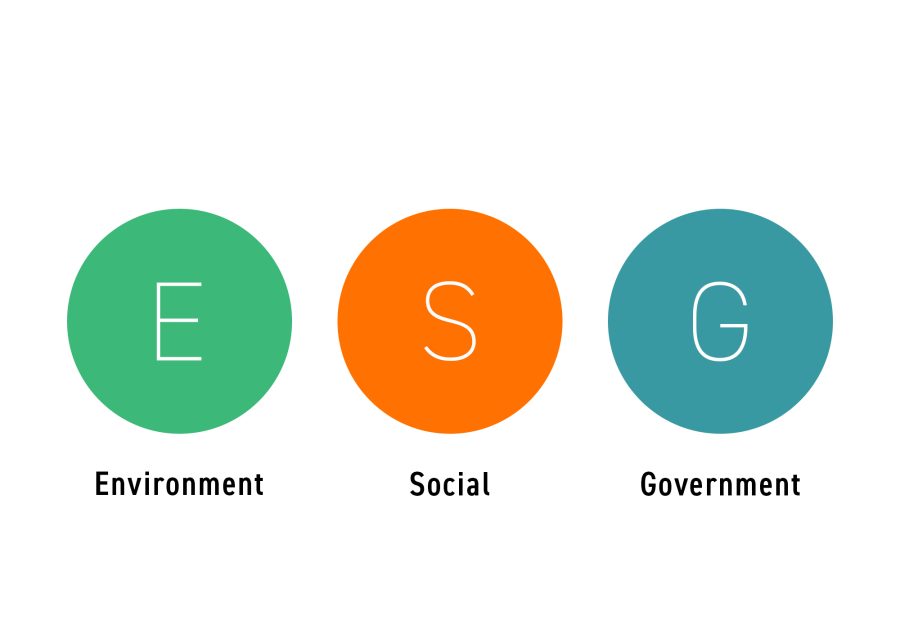Spend a short amount of time working in any financial sector and you’ll hear the word “ESG” thrown around a lot. According to the CFA Institute, “ESG stands for Environmental, Social, and Governance. Investors are increasingly applying these non-financial factors as part of their analysis process to identify material risks and growth opportunities…” (1) ESG is a metric and type of analysis done to investments to analyze their impact on the society as a whole, and ESG investors often prioritize social factors over the potential for profit. For ESG issues, social issues are just as important, if not more important, than financial metrics. ESG is critical to understand, as young investors such as yourselves look to invest and expand your financial security and power. ESG allows you to invest in causes and companies that do good for society rather than companies that might pollute our society.
The CFA Institute, a leading not-for-profit voice in investor education, offers cutting-edge and important updates in the world of investing. The CFA Institute describes the three tenants of ESG in the following manner: For the environmental aspect, it is described as, “Conservation of the natural world.” (2) Some examples given in this section are energy efficiency, deforestation and pollution. These factors are critical in analyzing the impact of an investment on the environment.
The second factor of ESG investing is social. It is described as, “Consideration of people & relationships.” (3) Some factors considered in the social category are human rights, gender diversity and racial diversity. The social element embodies the ways in which a certain investment interacts with society, and the ways in which it may increase or decrease certain types of inequality. Despite governmental policies, companies may still violate human rights and have poor hiring practices. As such, ESG investors study these issues and make their investment choices based on them.
The third factor considered in ESG is governance. This is considered to be the ways in which a company runs and what standards it follows. Some examples of governance include bribery, corruption, diversity of corporate boards and lobbying. These factors take into account the way in which a company interacts with leadership in a certain country, and the ways in which they operate on a large and executive scale.
Why should you care?
With more and more companies continuing to go public through IPOs and SPACs, the public is able to put their money to work by investing in those companies. Taking ESG into account is important as more and more companies look to improve their public image. ESG is not only important as an individual investor, but more and more institutional investors are looking to invest mainly in ESG companies. ESG is an emerging field in investing, but it is proving itself to be one of the most important aspects of investments. Whether you are looking to go into finance or are interested in investing alone, ESG plays a major role in the choices you make as an investor or employee.
As you look to invest your money, ESG is a critical factor to consider in your research. Be sure to look at third-party research that can give you different information about a company. As young people, we are extremely concerned with company ethics and the ways in which they interact with society at large. Investing can be confusing but it doesn’t have to be. Taking into account ESG can allow you to ensure that your investments fall in line with your personal philosophy and beliefs. In doing so, you can put your money to work for companies that spread your values and make the world a better place.

